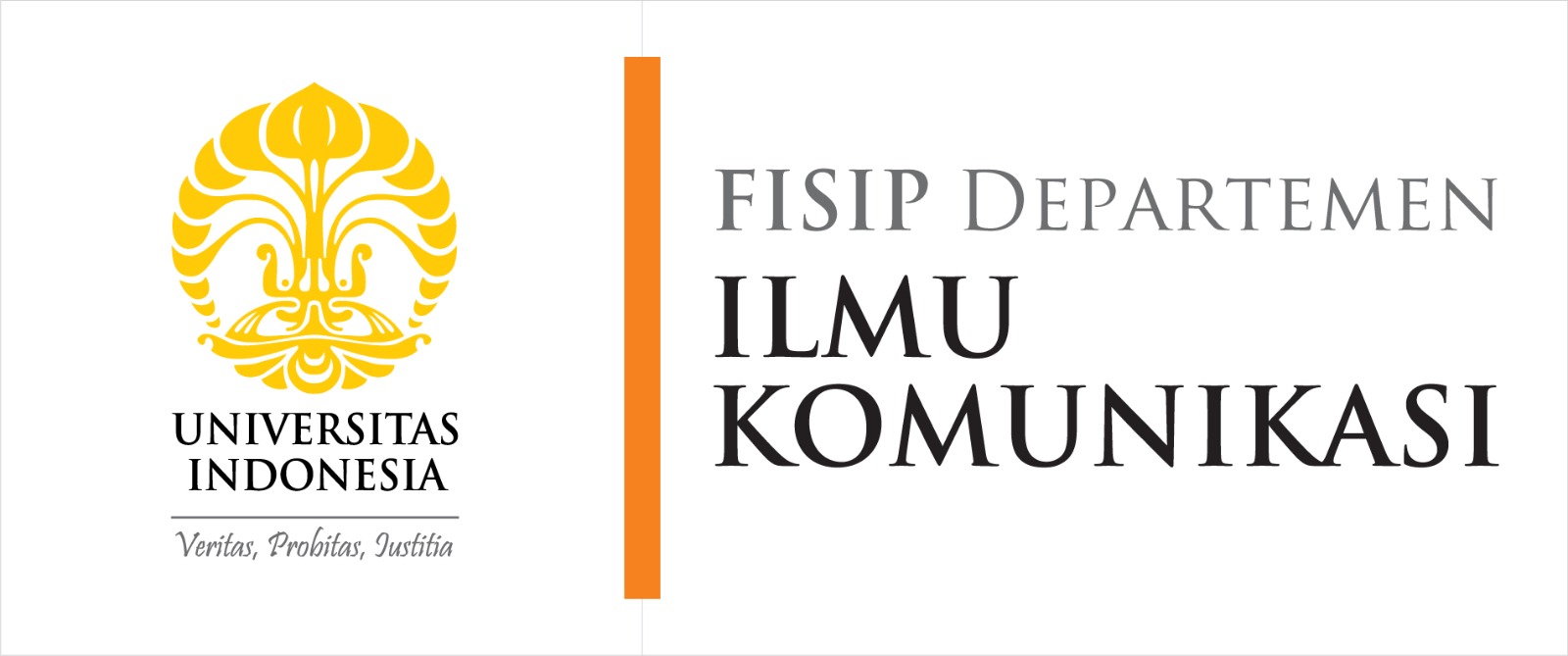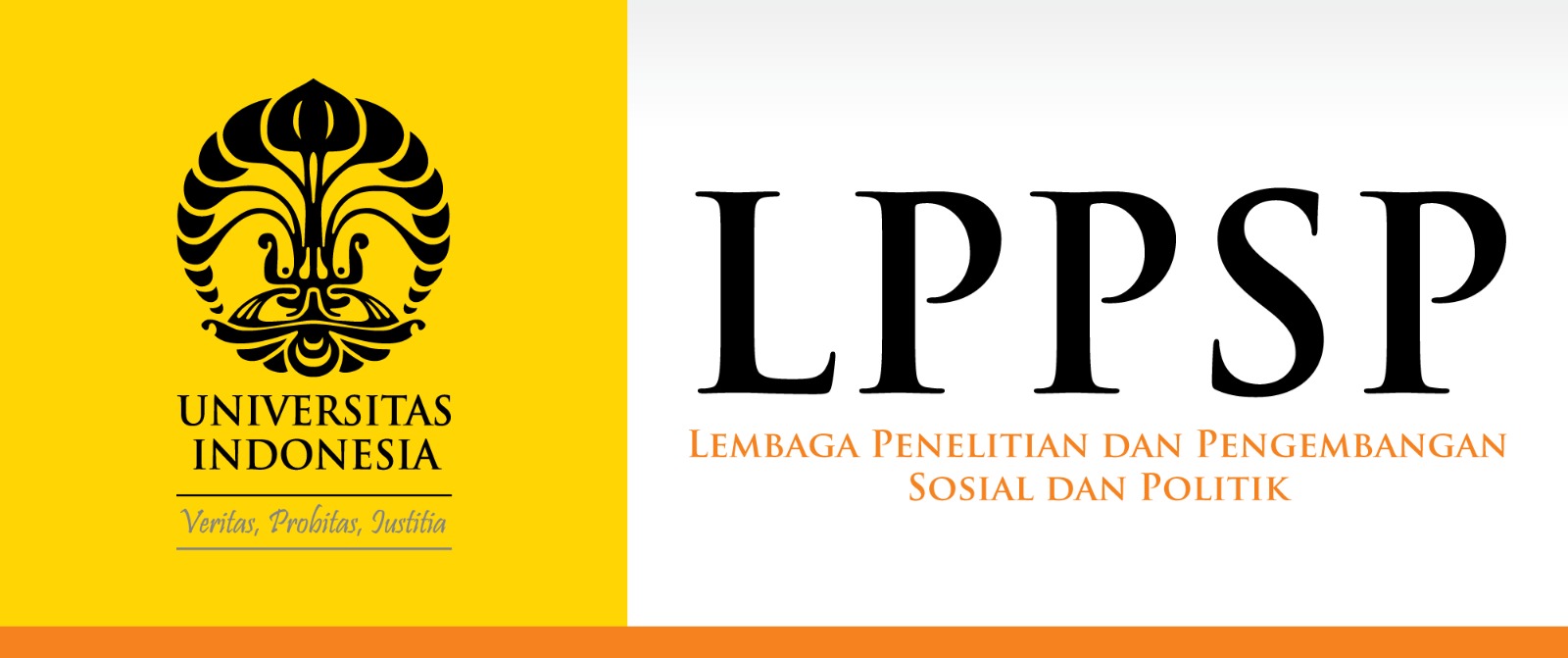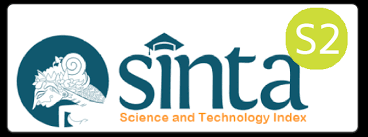Jurnal Komunikasi Indonesia
Abstract
Penelitian ini membahas dampak dari penjadwalan kampanye di media sosial LINE terhadap pengetahuan politik pemilih yang memilih pertama kali. Jakarta Timur dipilih sebagai ruang lingkup penelitian karena memiliki jumlah pemilih yang memilih pertama kali tertinggi di DKI Jakarta. Penelitian ini menggunakan metode kuantitatif yang digabungkan dengan eksperimen murni (two-group posttest-only design) dalam mengumpulkan data. Pengujian hipotesis dengan T-Test sampel independen. Temuan dari penelitian ini menunjukkan bahwa ada perbedaan yang signifikan antara pemilih yang memilih pertama kali yang menerima informasi tentang kampanye politik di prime time dan di waktu non-prime. Perbedaan ini menghasilkan kesimpulan bahwa ada dampak yang signifikan dari penjadwalan waktu kampanye di media sosial LINE terhadap pengetahuan politik pemilih yang memilih pertama kali di Jakarta Timur. Pemilih yang menerima informasi tentang masalah kampanye di prime time memiliki skor pengetahuan politik yang lebih tinggi daripada pemilih yang menerima informasi tentang masalah kampanye di waktu non-prime time.
This research discusses the impact of campaign scheduling on social media LINE to first-time voters’ political knowledge. East Jakarta was chosen as the research scope because it had the highest number of first-time voters in DKI Jakarta. This research used quantitative method coupled with true experiment (two-group posttest-only design) in collecting data. Hypothesis testing with independent sample T-Test. The findings of this research show that there is a significant difference between first-time voters who receive information on political campaign in prime time and first-time voters who receive information on political campaign in non-prime time. This difference led to a conclusion that there is a significant impact of campaign time scheduling on social media LINE to first-time voters’ political knowledge in East Jakarta. The voters who receive information on campaign matters in prime time have a higher political knowledge score than the voters who receive information on campaign matter in non-prime time.
References
Babbie, E. (2008). The Basic of Social Research. Belmont: Wadsworth Thomson.
Budiyono. (2016). Media Sosial dan Komunikasi Politik: Media Sosial sebagai Komunikasi Politik menjelang Pilkada DKI Jakarta 2017. Jurnal Komunikasi, 11 (1).
Bohang, F.K. (2017). Di Indonesia, Jumlah Pengguna Line Pepet Facebook. Retrieved February 10, 2017 from http://tekno.kompas.com/read/2016/09/03/09490637.
Carpini, M.X & Keeter, S. (1993). Measuring Political Knowledge: Putting First Things First. American Journal of Political Science, 37 (4), 1179-1206.
Chaffee, S. H., Xinshu, Z. & Lesher, G. (1994). Political Knowledge and the Campaign Media of 1992. Communication Research, 21(3), 305-324.
Creswell, J.W. (2009). Research Design: Qualitative, Quantitative, and Mixed Methods Approaches. London: Sage Publication.
Dassonneville, R. (2014). Political Sophistication and Vote Intention Switching: the Timing of Electoral Volatility in the 2009 German Election Campaign. German Politics, 23 (3), 174-195.
Gronlund, K. (2006). Virtual Citizenry: Politically Sophisticated or Not?. Finland: Abo Akademi University.
Hansen, K. M.. (2009). Measuring Political Knowledge. Copenhagen: Department of Political Science, University of Copenhagen.
Hellweg, A. (2011). Social Media Sites of Politicians Influence their Perception by Constituents. The Elon Journal of Undergraduate Research in Communications, 2 (1).
Hollander, B.A. (2005). Late-Night Learning: Do Entertainment Programs Increase Political Campaign Knowledge for Young Viewers?. Journal of Broadcasting & Electronic Media, 49, 402-415.
KBBI. (2018). Kamus Besar Bahasa Indonesia. Retrieved April 8, 2018 from https://kbbi.web.id.
Krupnikov, Y. (2014). How Negativity Can Increase and Decrease Voter Turnout: The Effect of Timing. Political Communication, 31 (3), 446-466.
Mondak, J. J. & Anderson, M.R. (2002). The Knowledge Gap: A Reexamination of Gender-Based Differences in Political Knowledge. The Journal of Politics, 66 (2), 492-512.
Moores, S. (2005). Media/Theory: Thinking about Media and Communications. London: Routledge.
Recommended Citation
Putri, Novlyanti Rizkita
(2018)
"The Impact of Social Media Campaign Time Scheduling on First-Time Voters’ Political Knowledge: An Experiment on Social Media LINE Campaign Among First-Time Voters in East Jakarta,"
Jurnal Komunikasi Indonesia: Vol. 7:
No.
3, Article 8.
DOI: 10.7454/jki.v7i3.10128
Available at:
https://scholarhub.ui.ac.id/jkmi/vol7/iss3/8
Included in
Gender, Race, Sexuality, and Ethnicity in Communication Commons, International and Intercultural Communication Commons, Social Influence and Political Communication Commons




